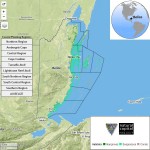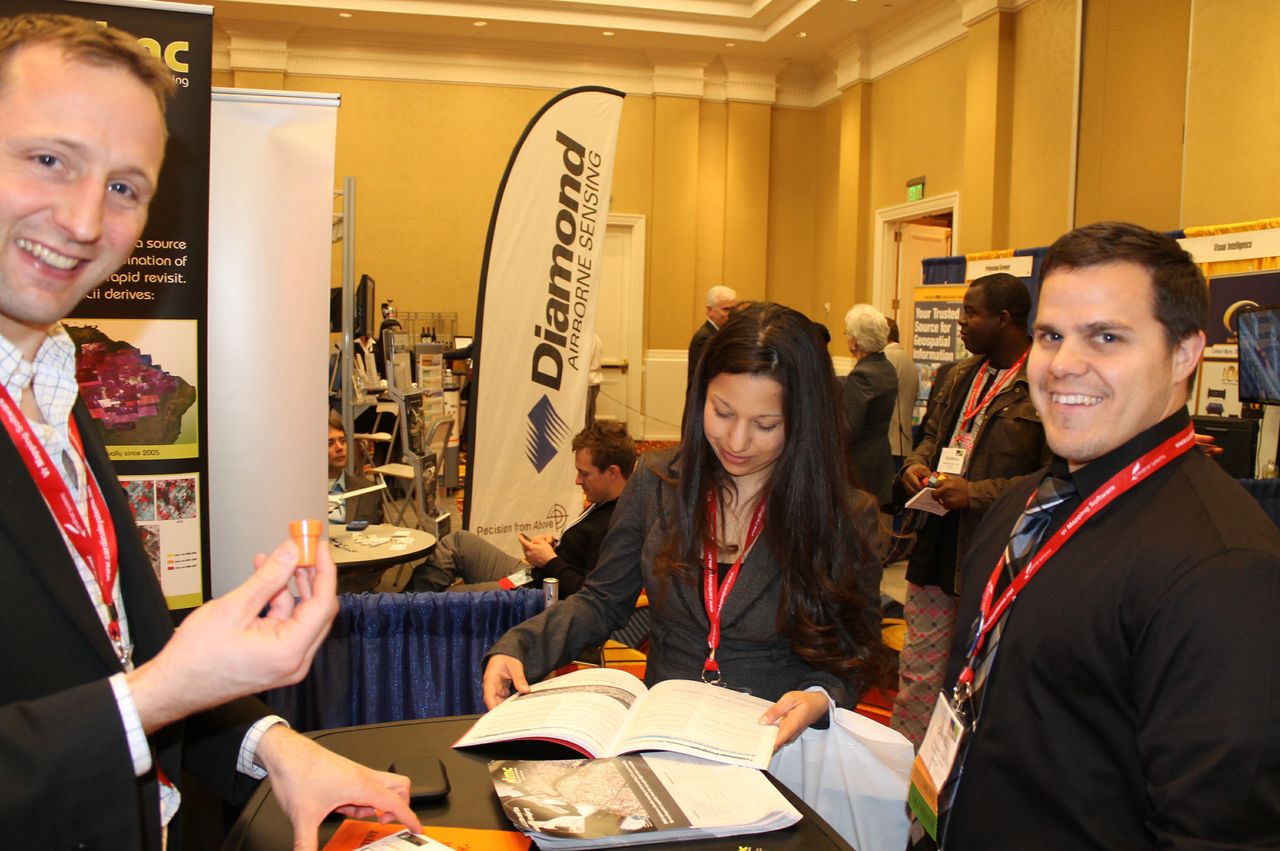
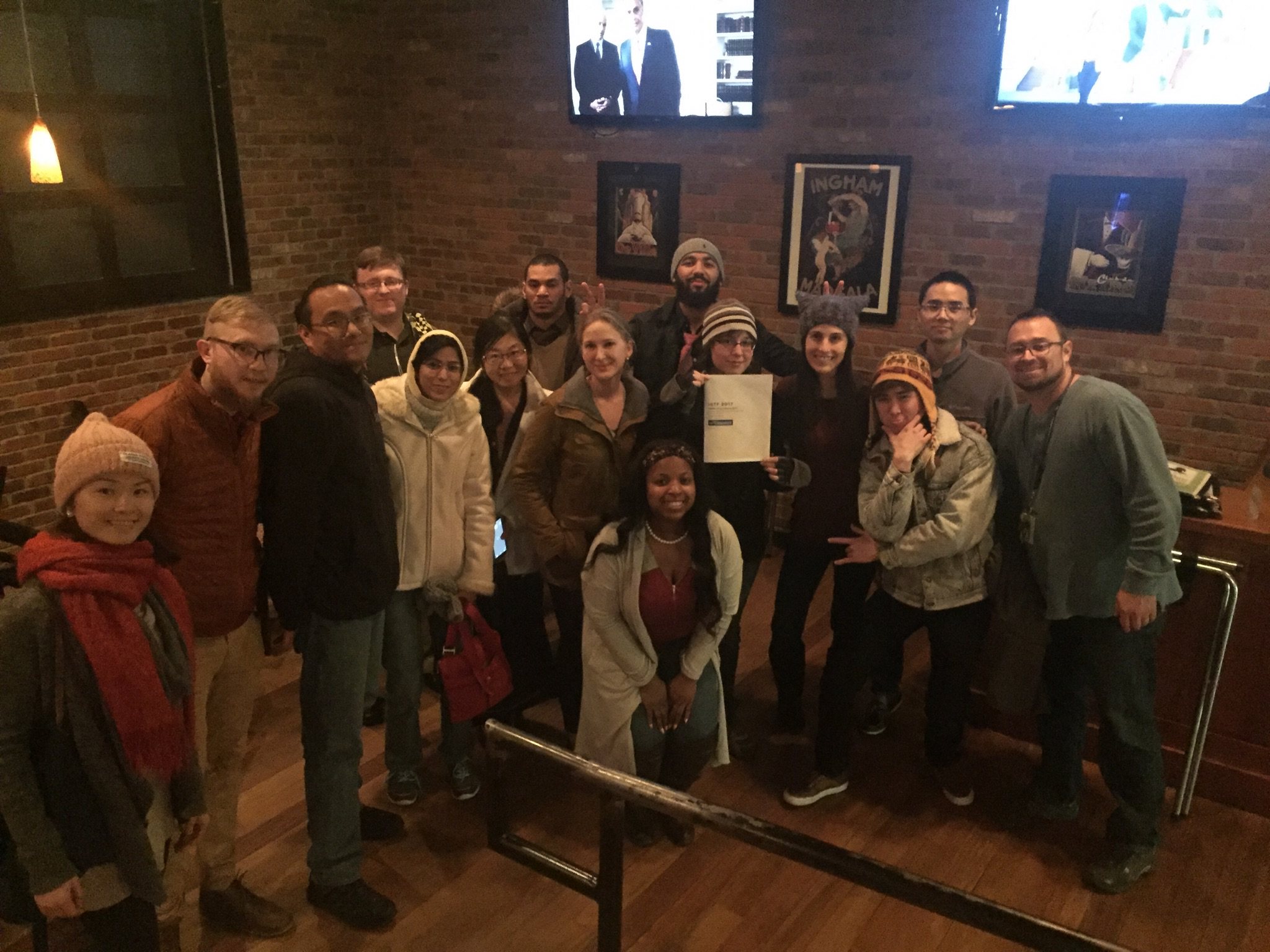
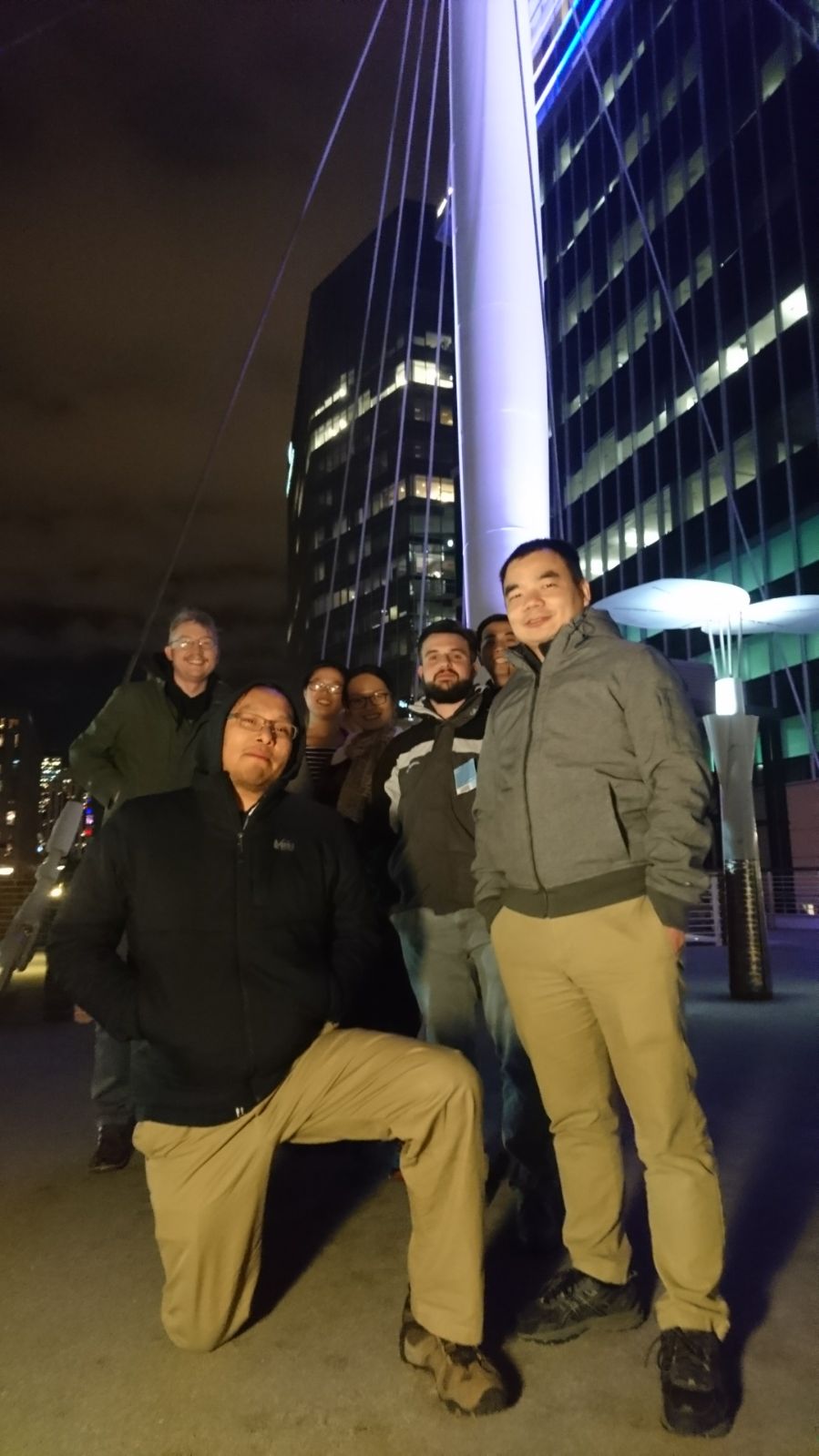
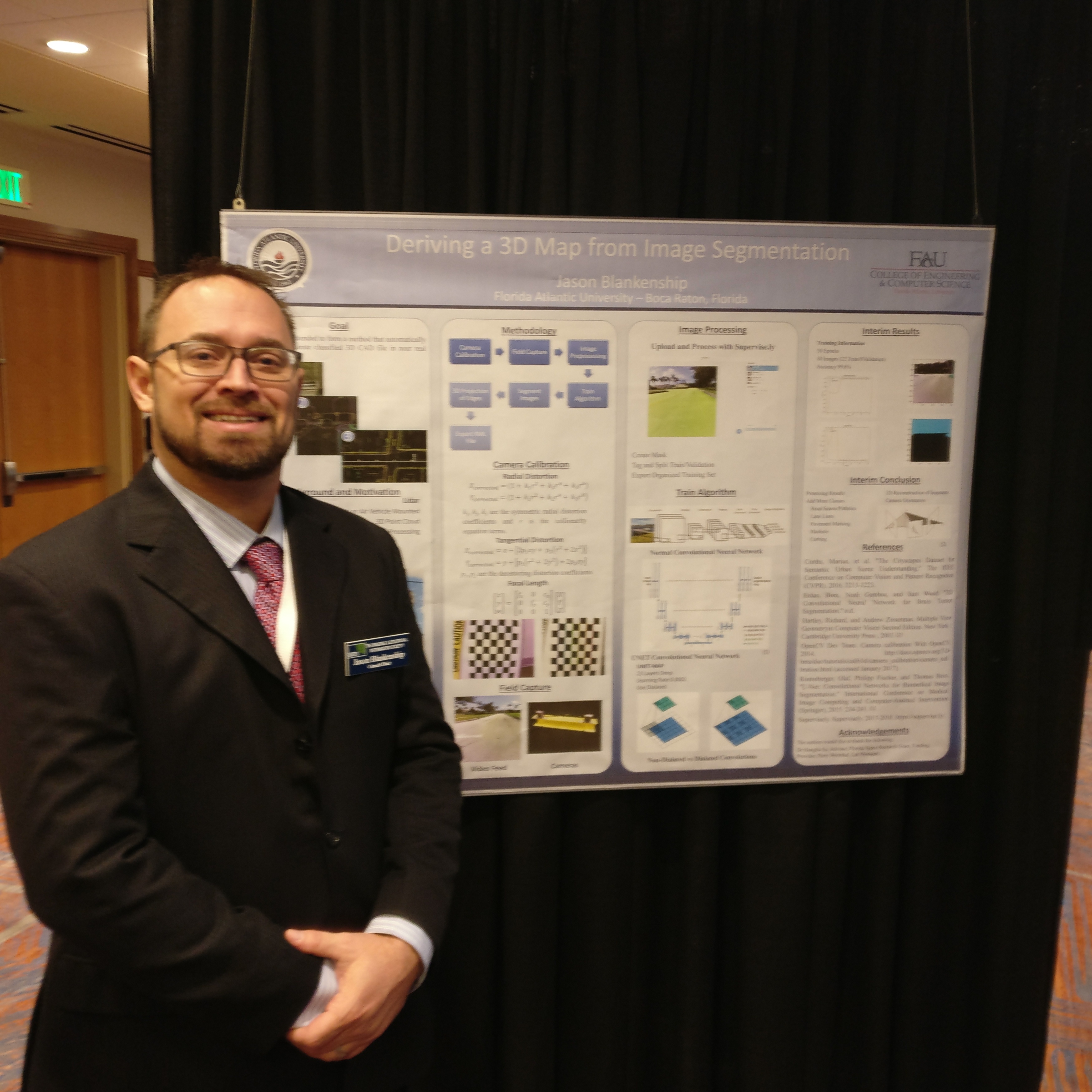
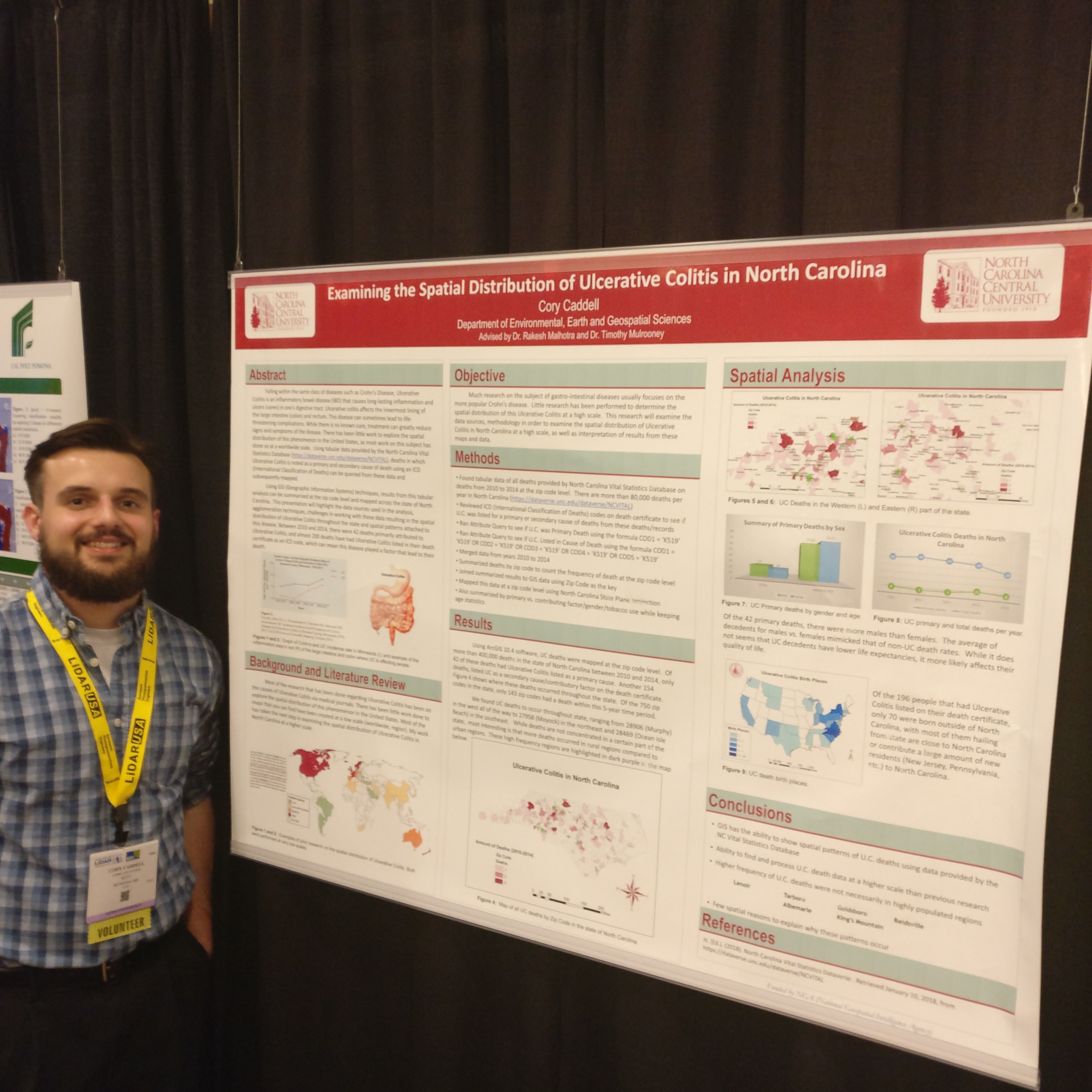
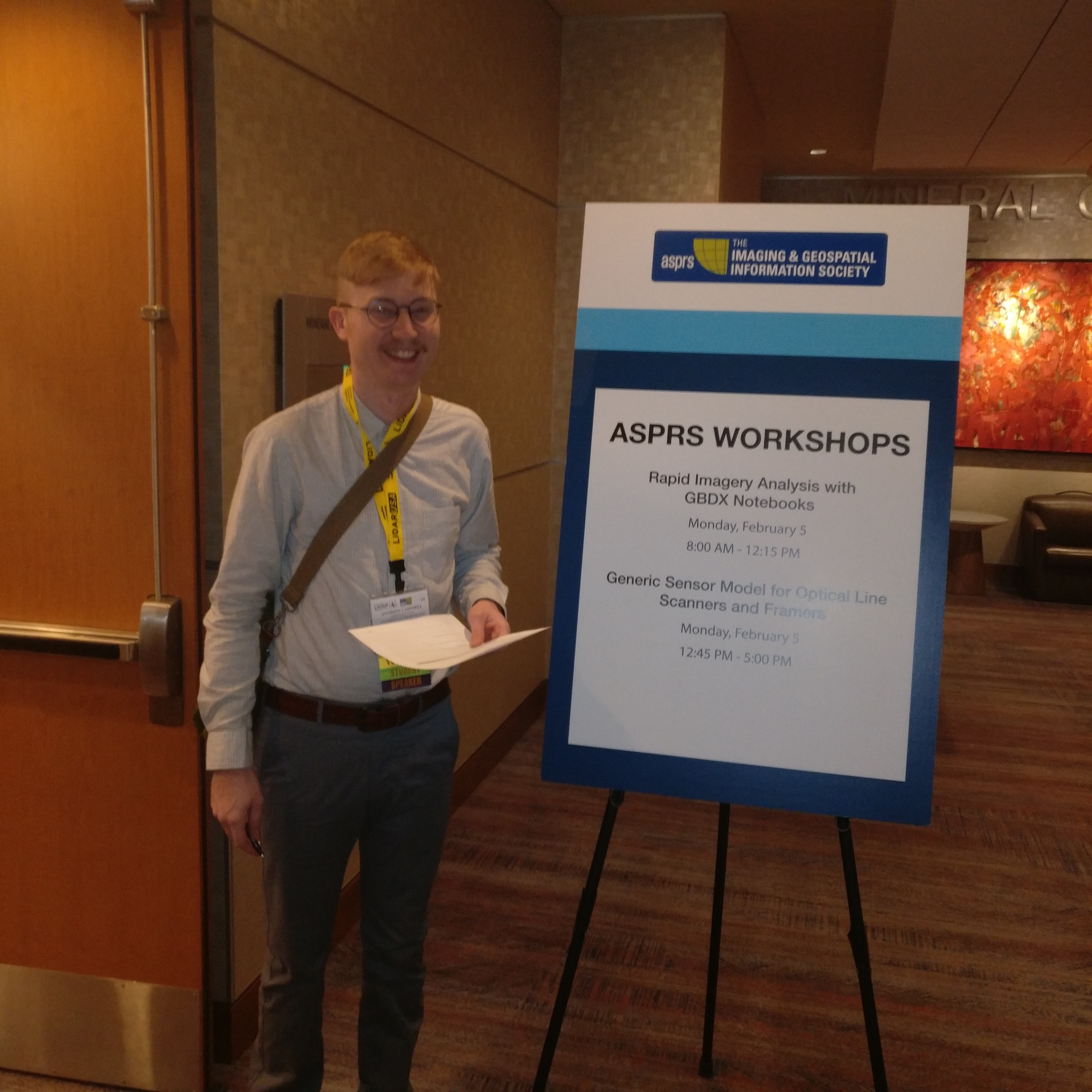
Ten or 20 years ago, “planning your life’s career” meant just that. People tended to learn a relatively narrow set of skills and “settle in” to a professional life with a simple career path and one or two employers. Today, this traditional employment model rarely plays out, but also involves multiple employment relationships, participation in a “virtual" organization, self-employment, or pursuit of many types of jobs during one’s lifetime. The bottom line in today’s world is that it pays to be educated broadly, yet skilled technically, to meet the challenges and reap the tremendous opportunities of an information-based global economy. More and more, this information-based global economy is becoming a geospatial information-based economy. Such tools as aerial and satellite remote sensing imagery, the Global Positioning System (GPS), and computerized geographic information systems (GIS) are revolutionizing the conduct of business, science, and government alike.
POSTS IN EDUCATION AND CAREER RESOURCES
Instructional Designer III – Geomatics
Assistant Professor of Geographic Information Science (GIS)
Tenure-track Assistant/Associate Professor – Spatial Technologies in Forestry and Natural Resources
Geographic Information Systems (GIS) / Linear Referencing System (LRS) Manager
Photogrammetric Compiler
Assistant/Associate/Full Professor, Oregon State University
USGS Associate Director for Core Science Systems
Want to see your job ad here?
GeoLeague Challenge 2017
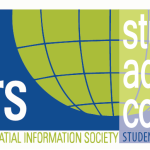
GeoLeague Challenge 2015
